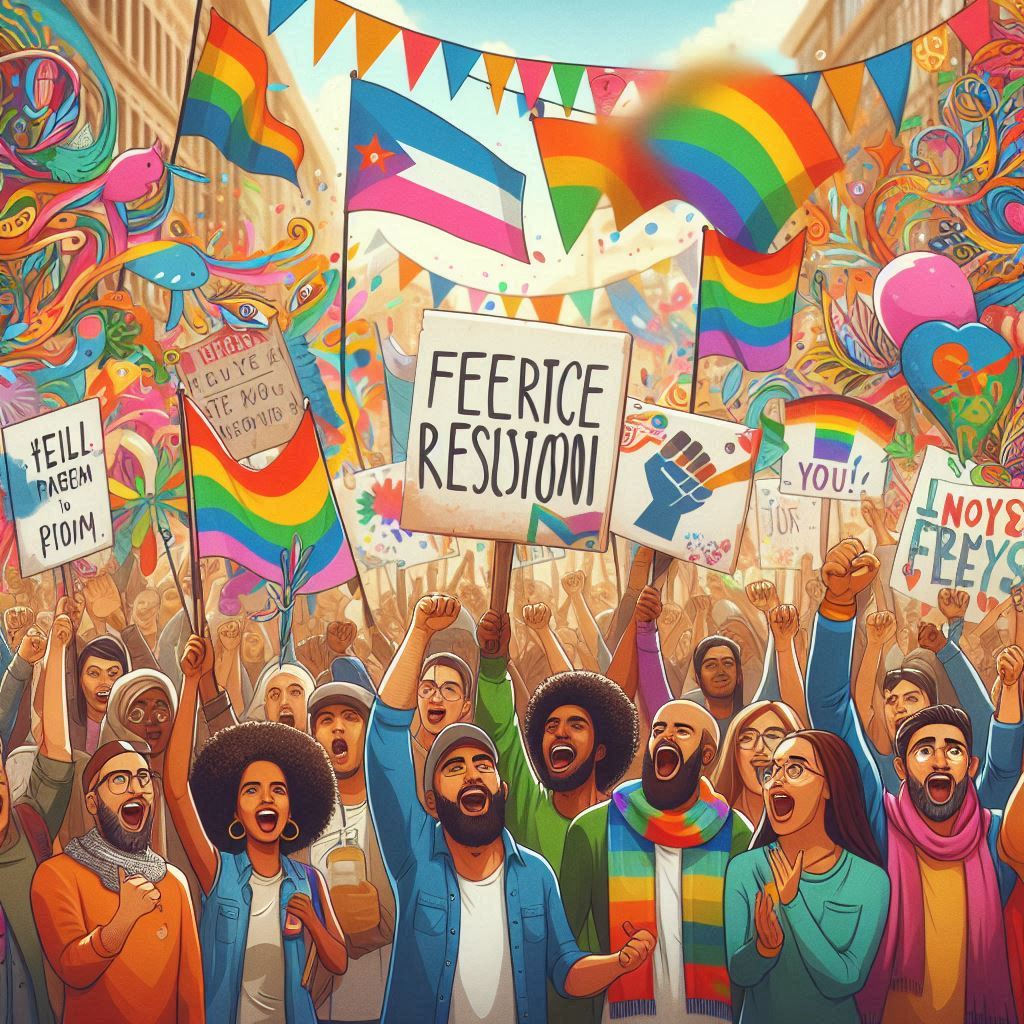It caused a stir – but it was not entirely unexpected – Meta’s announcement of a change of course on freedom of expression for its social media, which includes Facebook, Instagram and Threads. The communication – made personal and “hot” by a 5-minute video titled “More Speech and Fewer Mistakes” in which Zuckerberg himself is speaking in his usual t-shirt – marks a watershed moment for the management of content moderation, with the introduction of a series of measures aimed at reducing censorship and “getting back to the basics” of freedom of expression, as stated by Zuckerberg himself: “Hello everyone. Today I want to talk about something important because it’s time to go back to our roots regarding free expression on Facebook and Instagram,” he said.
“I started building social media to give people a voice (…) Fact-checkers have been too politicized and have destroyed more trust than they’ve created, especially in the United States (…) It’s time to get back to our roots about free expression. I started building social media to give people a voice. Now we want to reduce the mistakes, simplify our policies, and restore freedom of expression on our platforms.” The mistakes Zuckerberg refers to are those made by his own artificial intelligence, which is used to identify toxic or problematic content. These errors include the removal of harmless or relevant content, such as posts by activists and journalists, and the inability to distinguish between irony and offensive messages.
Meta’s policies align with Musk’s Zuckerberg
In little more than 5 minutes, he revolutionised the last 10 years of his safety policy and community standards by announcing the abolition in toto of the system of “fact-checkers,” that is, the hundreds of companies and associations around the world that are engaged. Modelled after what Musk has already implemented on X (formerly Twitter), Meta will also introduce the system known as “community notes”, which, according to X’s own reporting, “aim to create a more informed world by enabling users on X to collaborate by adding contextual information to potentially misleading posts.
Contributors can leave notes on any post. If enough contributors with different viewpoints rate a note as useful, it will be publicly displayed on a post.” Meta’s key accusation against fact-checkers is that they have been “politicized” over time and have lost the trust of users. As reported by Wired, a Meta spokesperson, said, “Fact-checking partners often adopt perspectives that reflect cultural and political biases, making them inadequate for ensuring unbiased moderation.”
Afterthoughts and pressures: the context
Meta’s second thoughts did not come out of nowhere. Back in August, Zuckerberg accused the Biden administration of undue pressure, pointing the finger at the government for insisting on overly intrusive moderation policies during the COVID-19 pandemic. Zuckerberg had stated, “The White House left us no choice but to take a hard line, which then damaged user trust and fueled accusations of censorship.” This episode, although related to the pandemic context, marked a clear rift between Meta and government institutions, anticipating the new strategy announced in the video.
Meta’s change, of course, is stark, and it is not just about the internal rules of its social media. In recent weeks, Mark Zuckerberg has sought to forge closer ties with the future U.S. administration led by Donald Trump. One sign of this strategy is the donation of $1 million to the president-elect’s inauguration fund, accompanied by a visit to Trump’s residence in Mar-a-Lago, Florida. During the meeting, Zuckerberg presented the president-elect with a pair of Ray-Ban AI glasses manufactured by Meta.

The day before Zuckerberg released his video, on Jan. 6, in another quite sensational announcement, Meta had declared that it had included four new members on its Board of Directors, attracting attention and criticism. They are Joel Kaplan, former deputy chief of staff to President George W. Bush; Dana White, CEO of the Ultimate Fighting Championship, who played a key role in Donald Trump’s re-election; Charlie Songhurst, former general manager of Microsoft; and John Elkann, CEO of the Exor Group and, among other things, majority shareholder of Juventus and Ferragamo.
Return to the roots or simple business operation?
Zuckerberg has justified this change as a return to Meta’s roots as a platform for freedom of expression. But is this really the case? What origins? In this context, eliminating fact-checkers could be a strategy to reduce operational costs and increase user trust, without really addressing the problem of misinformation. That said, Meta’s Community Notes has the chance to offer an innovative way to improve the reliability of information on social media. Instead of relying on external fact-checkers, Meta relies on direct user input to evaluate and contextualize posts. This collaborative approach increases transparency by allowing anyone to see who contributed to a note and what the different perspectives are on a topic.
By encouraging users to actively participate in content moderation, Community Notes promotes a sense of shared responsibility and can help create a more reliable information environment. The goal is to counter misinformation and improve the quality of content by prompting users to share accurate and verified information. Through the different perspectives offered by notes, more constructive dialogue can be fostered and polarization on social media reduced. Ultimately, Community Notes are an interesting experiment in digital education, helping users develop critical thinking and verify sources in the digital age. It is important to remember that the effectiveness of this system depends on the active and responsible participation of users. Improper use of Community Notes could lead to undesirable effects such as censorship of legitimate opinions or dissemination of misinformation.



